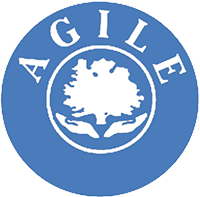Exercise-based Stroke Rehabilitation service – EfS Instructor Led
The Stroke Association have initiated a new ‘Exercise-based Stroke Rehabilitation service‘ where it signposts stroke survivors to evidence based exercise options. Clients must be referred by a health professional, such as their physiotherapist, GP, stroke specialist nurse or occupational therapist. The service provides a 12 week programme of exercise and education sessions for stroke survivors, to…


